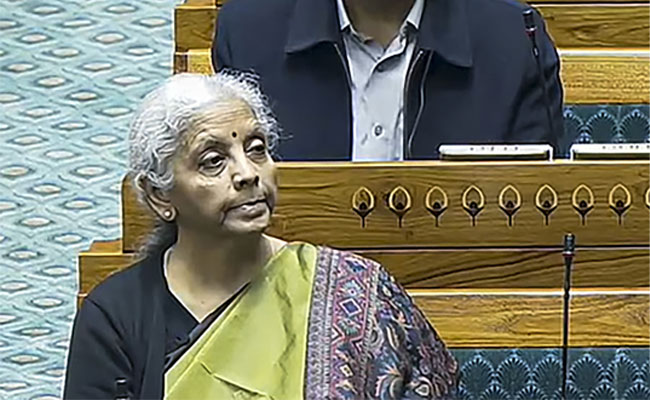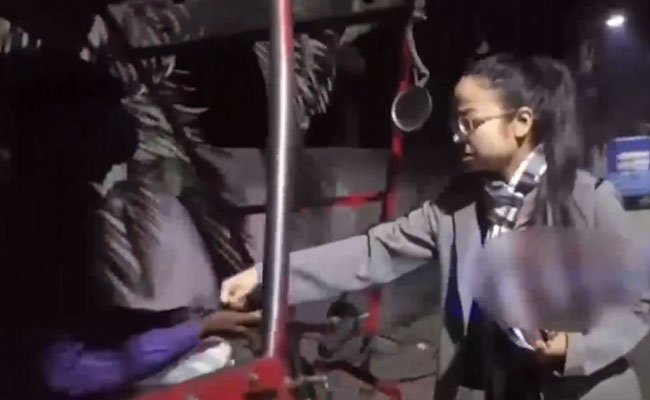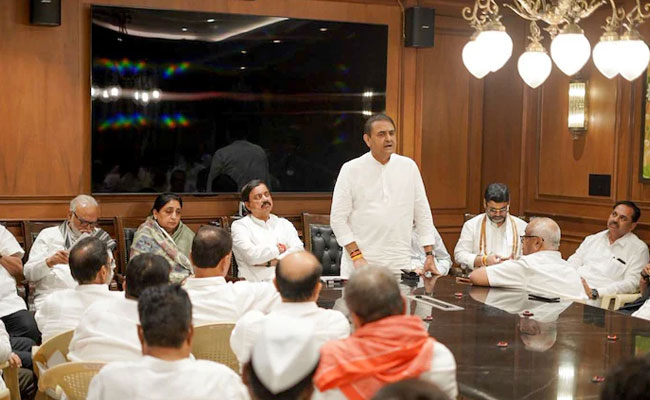Kuwait: Kuwaiti Member of Parliament Dr. Saleh TH Al-Mutairi has submitted a letter to the Kuwaiti Parliament urging his country to ban entry to any member of the ruling BJP of India into Kuwait amidst the Hijab row in Karnataka.
The letter that is signed by several Kuwaiti parliamentarians has demanded the government to impose an immediate ban on the entry of any member of the ruling BJP into Kuwait, blaming the saffron party for oppressing Muslims in India.
The letter adds that the Government of Kuwait should take strict note of the happening in India and should ban members of BJP into Kuwait unless the oppression of Muslims in India ends.
ALSO READ: Karnataka HC reacts to students being stopped at gates to remove Hijab by policemen
The letter specifically points out the Hijab issue in Karnataka where girl students are being barred from entering colleges wearing Hijab.
Mejbel Alshrika, the Director of the Center for Human Rights and International Humanitarian Law at the Kuwait Lawyers Association, and a Member of the Training Committee of the Kuwait Institute for Protection and Legal Studies, shared the letter on micro-blogging site Twitter.
“A group of powerful Kuwaiti parliamentarians have demanded the govt. of Kuwait to put an immediate ban on the entry of any member of the ruling BJP of India into Kuwait. We can’t sit back and watch muslim girls being publicly persecuted they said. Time for the Ummah to unite.” (sic) he wrote in the tweet.
Indian National Congress leader and MP Shashi Tharoor also retweeted Mejbel Alshrika’s tweet and added that domestic issues have international repercussions.
“Domestic actions have international repercussions. I hear from friends across the Gulf of their dismay at rising Islamophobia in India &the PM’s unwillingness to condemn it, let alone act decisively against it. “We like India.But don’t make it so hard for us to be your friends”. Tharoor noted.
A group of powerful Kuwaiti parliamentarians have demanded the govt. of Kuwait to put an immediate ban on the entry of any member of the ruling BJP of India into Kuwait. We can’t sit back and watch muslim girls being publicly persecuted they said. Time for the Ummah to unite. pic.twitter.com/HbMQ3OpCyN
— المحامي⚖مجبل الشريكة (@MJALSHRIKA) February 17, 2022
Domestic actions have international repercussions. I hear from friends across the Gulf of their dismay at rising Islamophobia in India &the PM’s unwillingness to condemn it, let alone act decisively against it. “We like India.But don’t make it so hard for us to be your friends”. https://t.co/Bj9es8fbfS
— Shashi Tharoor (@ShashiTharoor) February 18, 2022
Let the Truth be known. If you read VB and like VB, please be a VB Supporter and Help us deliver the Truth to one and all.
Vittla (Dakshina Kannada): A case has been registered at the Vittla Police Station against a school teacher on charges of seriously assaulting a student with a cane at an English-medium school in Idkidu village here near Vittla in Dakshina Kannada district.
According to the complaint, the student, who attends the school regularly, had gone to school as usual. Around 2 pm, the child’s parents received a call from the school office stating that their child had allegedly disturbed other students. The school informed them that when the teacher scolded the student over the issue, the child became frightened and urinated, and the parents were asked to come and take the child home.
The parents reportedly told the school staff that no one was at home at the time and requested that the child be sent home in an autorickshaw.
After returning home, the student told the parents that a teacher identified as Istikaar had beaten him severely on the hand with a cane. The child also said that he urinated out of fear while the assault was taking place.
When the parents contacted the teacher over the phone to question him about the incident, he allegedly responded in a dismissive manner.
Following this, the parents lodged complaints with the Vittla Police Station and the Child Development Project Office, seeking justice and strict action against the teacher for allegedly assaulting the child without any valid reason.
Police have registered a case against the teacher and have taken up further investigation.





